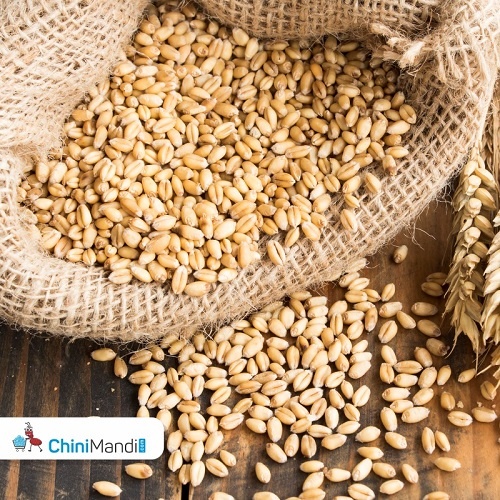India is considering lifting a three-year ban on futures trading in seven agricultural commodities, such as wheat and unprocessed rice, after studies showed that the restrictions were ineffective, according to a source familiar with the matter, reported Bloomberg.
A government panel has recommended ending the ban, citing findings that the 2021 measures aimed at curbing prices had instead disrupted market price discovery. Additionally, local crop prices have stabilized following the latest harvest, the source noted, requesting anonymity as the discussions are private.
The final decision will be made by a group of ministers in Prime Minister Narendra Modi’s government, which will then direct the Securities and Exchange Board of India to either remove the restrictions or extend them beyond the current January 31 deadline. Emails sent to the finance ministry and the capital markets regulator went unanswered.
Revoking the ban would be another step by the world’s largest producer of grain and sugar to relax pandemic-related restrictions on several agricultural goods. Following Modi’s third-term win this year, his government lifted the export ban on certain rice varieties and sold grains from state reserves.
India implemented the restrictions nearly three years ago to ensure a stable grain supply for a welfare program that provides free wheat and rice to about 800 million people, as inflation surged to a three-decade high due to rising food prices. The government limited exports of wheat, sugar, and rice, discouraged hoarding, and imposed storage caps. These actions upset global markets and provoked local farmers.
A study commissioned by SEBI found that the ban on agricultural commodities such as chickpeas, rapeseed, soybeans, green gram, and crude palm oil harmed both futures and spot markets, with prices continuing to rise. The report also emphasized that each suspension increased the trust deficit in the derivatives market, making it harder to attract investors.















